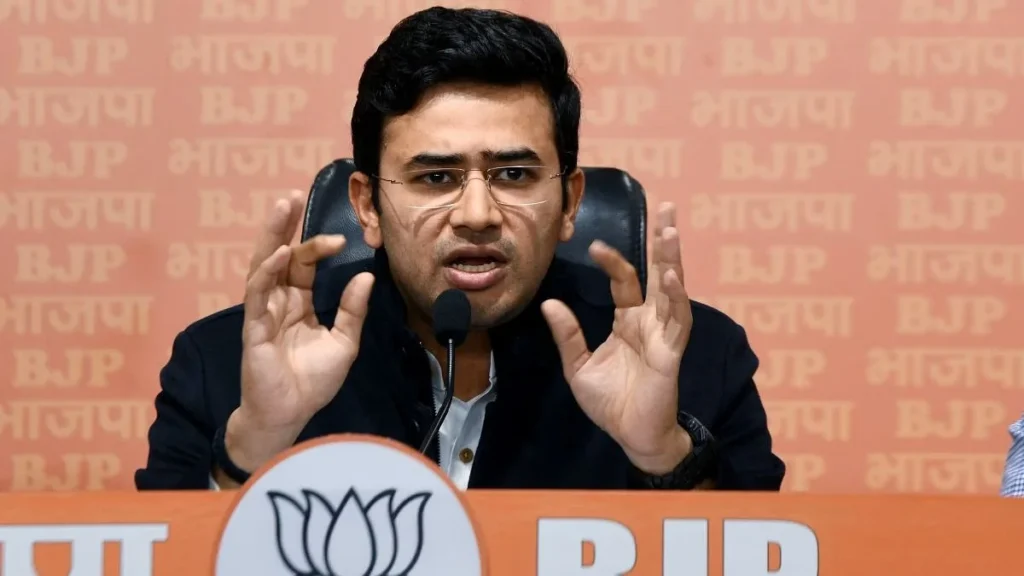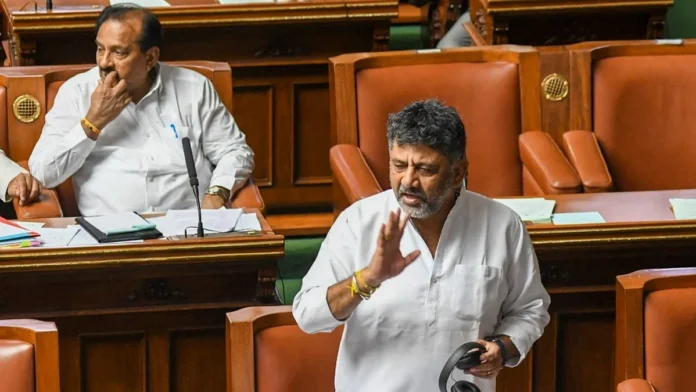Introduction
The Karnataka government, led by the Congress party, is preparing to introduce the Greater Bengaluru Governance Bill in the upcoming Budget Session. However, concerns have been raised over the implications of this legislation on local governance, with critics arguing that it centralizes power rather than decentralizing it.
Opposition to the Greater Bengaluru Governance Bill
BJP leader and Bengaluru South MP Tejasvi Surya has voiced strong opposition to the bill, characterizing it as a move that could weaken the 74th Constitutional Amendment Act, 1992—an amendment designed to empower local governments. In his view, the legislation would significantly alter the governance framework by creating a Greater Bengaluru Authority, an unelected council led by the Chief Minister.
It has been suggested that the proposed authority would overshadow elected BBMP corporators, reducing their influence in municipal affairs. Further concerns highlight that the bill could allow MLAs to dominate decision-making, thereby sidelining local representatives.

Creation of a Parallel Governing Body
Instead of reinforcing the Metropolitan Planning Committee (MPC)—which currently oversees urban planning in Bengaluru—the bill proposes the formation of an alternative body with expanded powers. Some critics argue that this could lead to administrative inefficiencies and governance conflicts, rather than resolving existing urban management challenges.
The BBMP Split Debate
A particularly contentious provision within the bill is the proposal to divide BBMP into 10 municipal corporations. While the government presents this as a measure to streamline governance, opponents argue that such a move might lead to increased administrative costs, budget duplication, and financial mismanagement.
It has been suggested that fragmenting the BBMP could introduce additional layers of bureaucracy, further complicating governance rather than enhancing efficiency. Detractors claim that higher operational expenses and a lack of clarity in revenue distribution could ultimately hinder, rather than facilitate, better governance in Bengaluru.
The Public’s Role in Shaping Urban Governance
In a bid to involve citizens in the decision-making process, the Bruhat Bengaluru Mahanagara Palike (BBMP) has invited public participation in discussions surrounding the governance of Greater Bengaluru. The government emphasizes that the bill aims to streamline administration, create multiple city corporations, enhance ward committees, and improve political accountability.
Conclusion
The Greater Bengaluru Governance Bill has sparked a heated debate, with perspectives differing on whether it represents a necessary governance reform or an attempt to consolidate power. While proponents argue that restructuring urban governance is essential for efficiency, critics maintain that the bill could undermine local autonomy and lead to governance conflicts.
As the bill moves forward, its long-term implications on Bengaluru’s administration remain a key topic of discussion, with stakeholders from various sectors weighing in on its potential impact.


